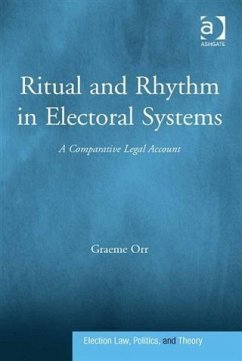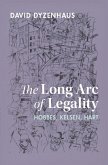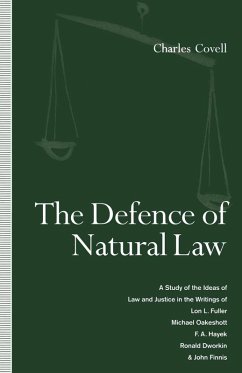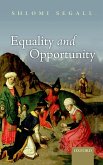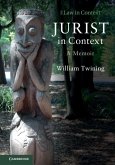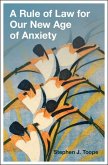Why do we vote in schools? What is the social meaning of secret balloting? What is lost if we vote by mail or computers rather than on election day? What is the history and role of drinking and wagering in elections? How does the electoral cycle generate the theatre of election night and inaugurations?Elections are key public events - in a secular society the only real coming together of the social whole. Their rituals and rhythms run deep. Yet their conduct is invariably examined in instrumental ways, as if they were merely competitive games or liberal apparatus. Focusing on the political cultures and laws of the UK, the US and Australia, this book offers an historicised and generalised account of the intersection of electoral systems and the concepts of ritual, rhythm and the everyday, which form the basis of how we experience elections.As a novel contribution to the theory of the law of elections, this book will be of interest to researchers, students, administrators and policy makers in both politics and law.
Dieser Download kann aus rechtlichen Gründen nur mit Rechnungsadresse in A, B, BG, CY, CZ, D, DK, EW, E, FIN, F, GR, HR, H, IRL, I, LT, L, LR, M, NL, PL, P, R, S, SLO, SK ausgeliefert werden.

